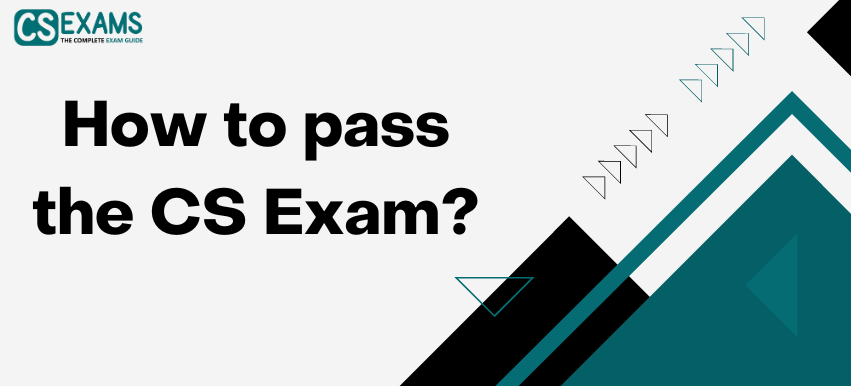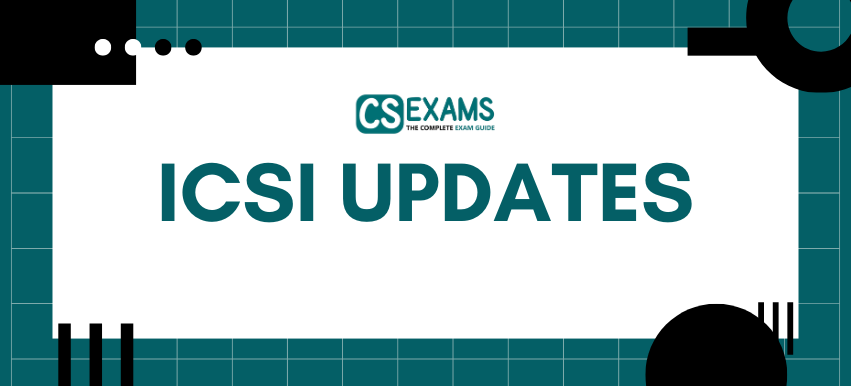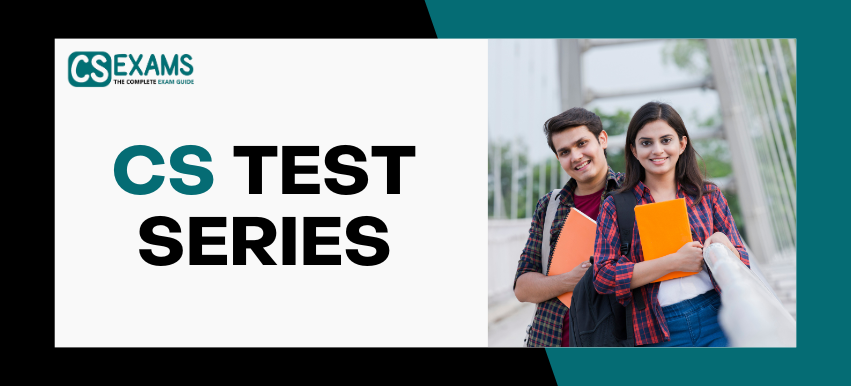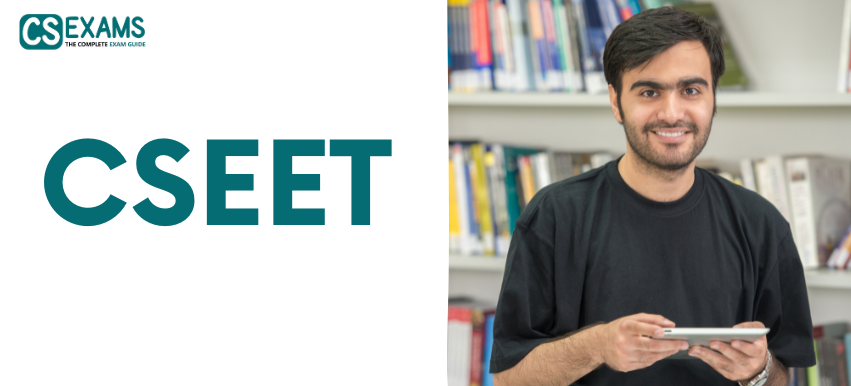Introduction
Passing the CS (Company Secretary) exam requires thorough preparation, dedication, and a well-structured study plan. The CS exam is conducted by the Institute of Company Secretaries of India (ICSI) and is divided into three stages: Foundation, Executive, and Professional. Here's a detailed guide on how to pass the CS exam, including tips for utilizing CS Exam Test Series for Executive and Professional levels.
1. Familiarize with CS exam pattern and subjects
Before diving into preparation, familiarize yourself with the CS exam's structure and syllabus. Each level has specific subjects and modules that you need to cover. Create a study plan that allocates sufficient time for each subject and takes into account your strengths and weaknesses.
2. Opt for excellent study resources
Invest in high-quality study material provided by the ICSI or reputable publishers. Comprehensive study guides, reference books, and revision notes are essential for a thorough understanding of the topics.
3. Practicing with CS Exam Test Series
Test series are invaluable tools for CS exam preparation. They mimic the actual exam environment and help you assess your progress. Look for test series designed specifically for the Executive and Professional levels.
3.1 Executive Test Series
For the Executive level, choose a test series that covers all subjects and modules. Regularly take mock tests to evaluate your performance. Analyze your mistakes and work on improving weak areas.
3.2 Professional Test Series
For the Professional level, focus on test series that offer subject-wise and full-length mock tests. Practice under timed conditions to improve time management and build confidence.
4. Focus on review and scheduling
Plan regular revision sessions to reinforce your understanding of topics. Create a study timetable that allocates time for revision and practice tests. Avoid last-minute cramming and maintain a consistent study routine.
6. Stay informed, updated
Stay informed about current affairs, especially for the Professional level, as it is an integral part of the syllabus. Read newspapers, follow news websites, and subscribe to relevant magazines to stay updated.
7. Seek guidance from experienced professionals
If you face challenges in understanding certain topics, don't hesitate to seek guidance from experienced mentors, teachers, or fellow students. Engage in group discussions and study circles to share knowledge and insights.
8. Stay calm, be optimistic, stay positive
Managing exam stress is crucial. Stay positive, believe in your abilities, and avoid comparing yourself with others. Adopt relaxation techniques like meditation or exercise to stay mentally and physically fit.
9. Practice with past year's exam papers
Solving previous year's question papers provides valuable insights into the exam pattern and types of questions asked. Practice with these papers to get a feel for the actual exam.








